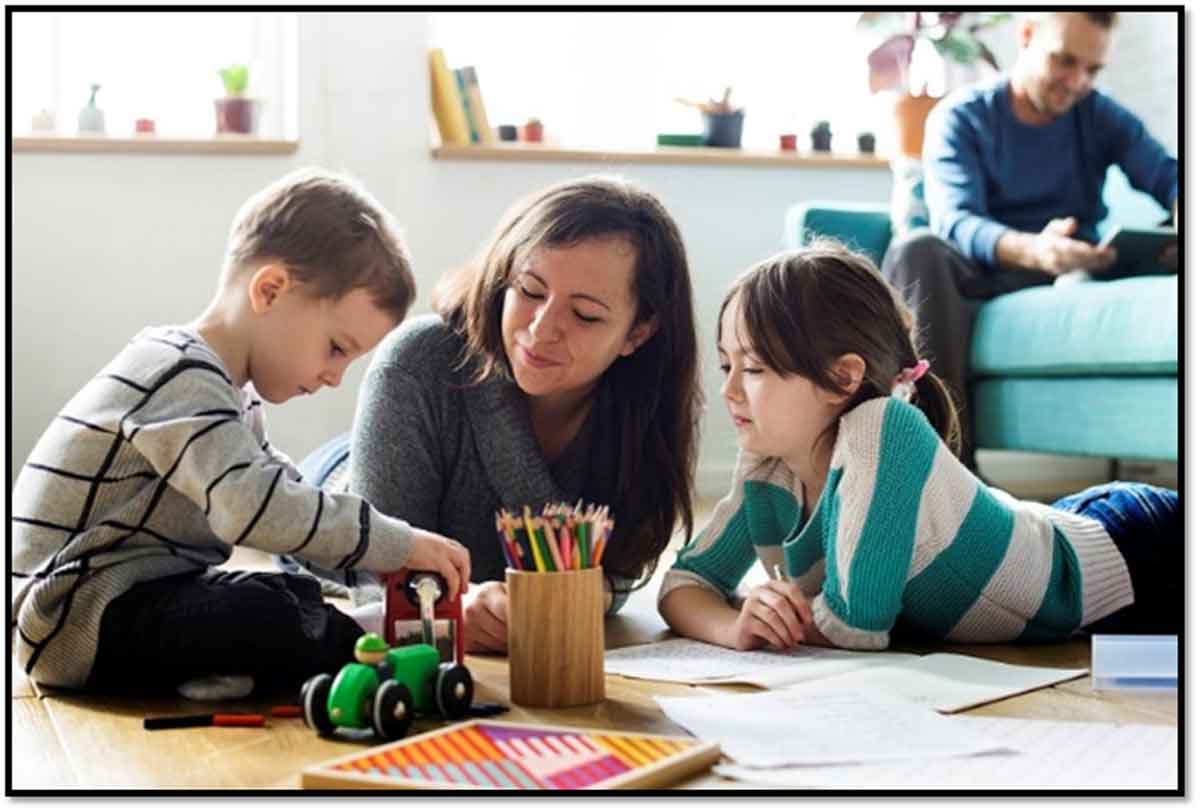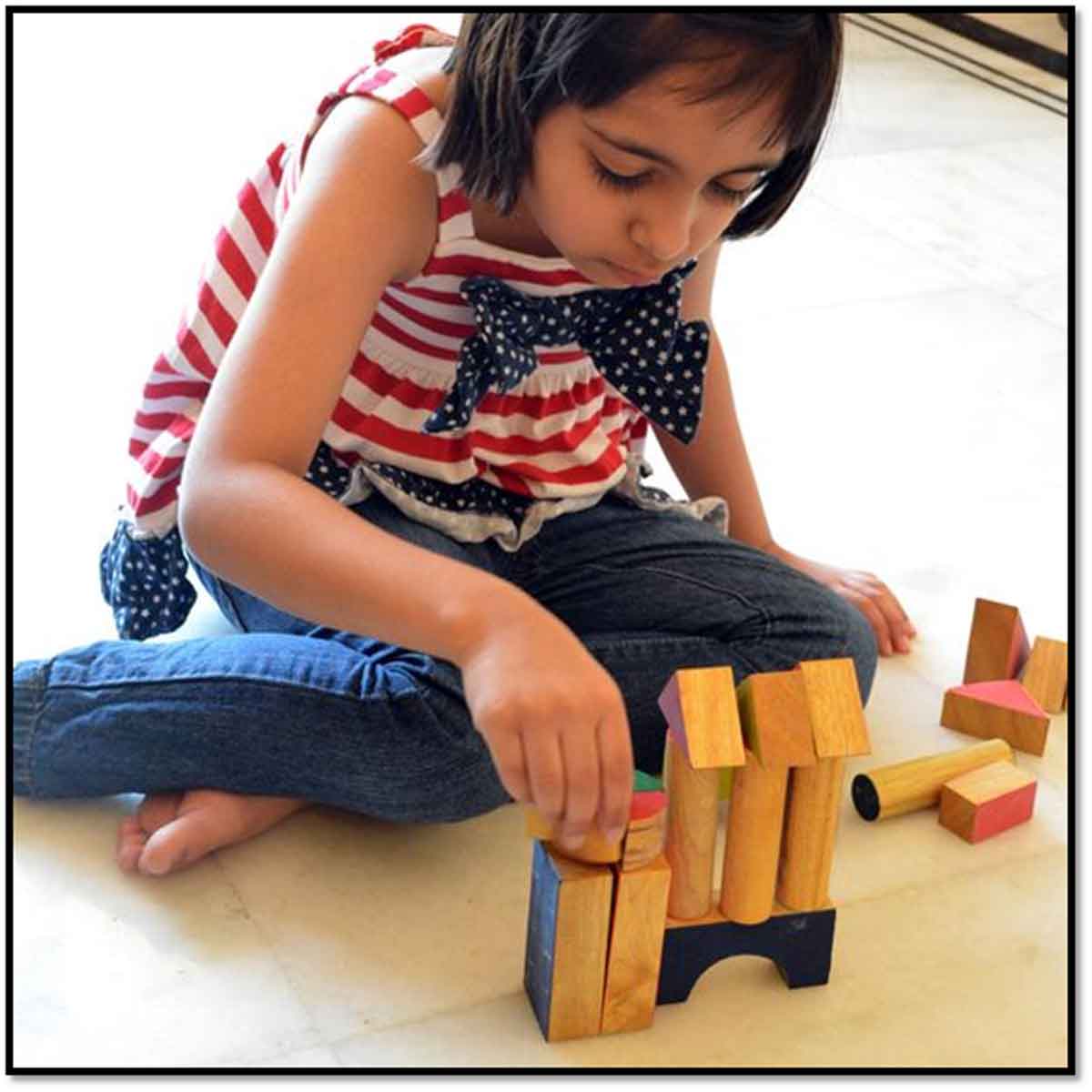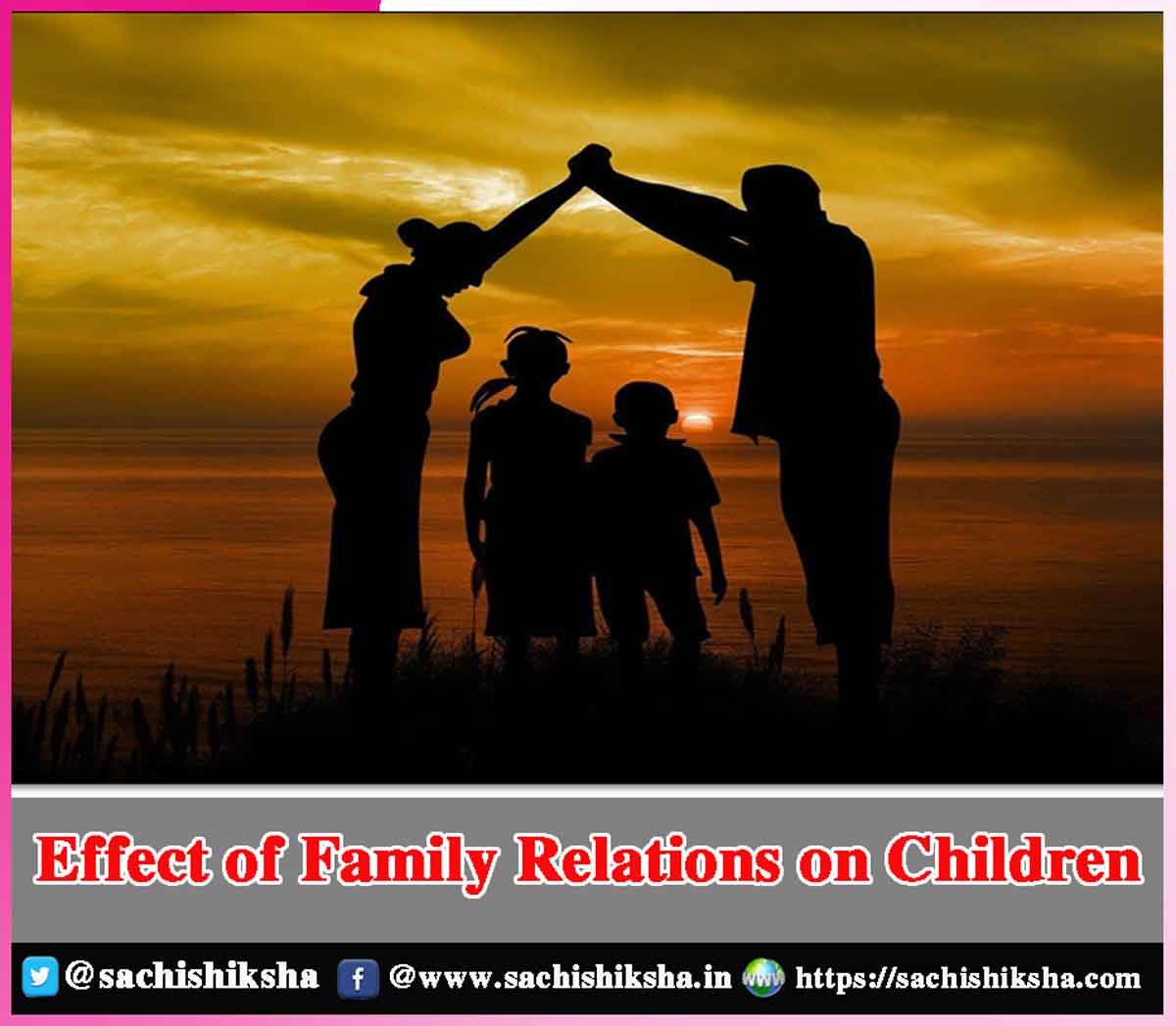Effect of Family Relations on Children
Introduction : A parent is a child’s first teacher, and siblings are a child’s first best friend. Children go to school at the age of three or four, but their learning begins at a much earlier age. In two simple examples, they learn the art of sharing at a tender age when they have to share their toys with their siblings, and they learn how to express their feelings when they are determined to make their parents extend their television time.
Table of Contents
Learning Through Observation in the Family
As our grandparents used to say, family is the place where a child learns the essential values of life, which will guide him throughout his life. The family members’ relations among themselves have a profound impact on various aspects of a child’s life. Learning comes in many forms. Sometimes it comes by teaching but most of the time it comes via the child’s observation of daily life and its events. Since children spend a significant amount of their time with family, it is bound that they pick up certain values and characteristics from the family members.
Parents are the core of a child’s life and his development. A child’s upbringing decides the kind of adult he is going to be in the later stages of life.
Below are a few ways in which a parent moulds his child’s development:
Role Models:
Parents, siblings, and immediate family members are the role-models for children. When children see their parents talk respectfully with their grandparents or see them help their grandparents, they understand the value of respecting and serving the elders. Especially in the modern era, where mothers are multi-tasking between work and family, a supportive family will teach the child the importance of teamwork and inculcate helping nature.
Language and Communication:
From the initial cute words of “mama” and “papa” to high end vocabulary and accent, the basics and nuances of language are picked up by children from the living room of their families. These days children who are growing up in cities, already have confidence and rich vocabulary. Also, children who come from joint families find it easier to mingle with new people and make connections. The foundation to a child’s social skills is laid by the family members.
Siblings:

Sharing is Caring:
The concept of sharing is caring is inherently taught to the children by their family members, especially siblings. From a small toffee to the later important things like money, siblings play a huge role in enforcing the essential concept of sharing. The important aspect to be noted here is that, having siblings forces children to learn to share, both in terms of possessions and emotions. Sharing of one’s emotions can foster generosity and openness and help the child maintain better relationships as an adult.
Adjustment:
The adult life consists of a lot of adjustments and compromises to lead a peaceful and happy life. In the early stages of life, siblings teach us that we are not the centre of attraction all the time and events may not happen according to our wishes. These learnings in the earlier stages of life, make it easier for an adult to navigate through life by making smoother and patient adjustments.
Five Types of Development:
There are five types of development of a child, namely, emotional, social, cognitive, moral, and academic. The love and affection shared by the family in the home, nurtures a sense of security and warmth in the child, which will further help the child to be empathetic and self-confident. The attachment that a child has with his parents and grandparents, and the support the family provides during turbulent times will form the base which will help the child to stride through adversity in life. The balance between handling things independently and asking for help, will be very well established in the dining hall activities during early childhood days.
Family as the Primary Socializing Agent
The family is often the primary socializing agent for children, teaching them social norms and the ways of social interaction. Playing house, school, or games help children understand social roles and expectations. Families establish rules that govern social behaviour, such as curfews, manners at the dining table, and how to treat guests. Families pass down cultural norms and traditions that help the child understand his ethnic background.

On the other hand, studies show that, from as early as six months old, children can exhibit distress when their parents argue. Their reactions may include fear, anger, anxiety, and sadness, and they are at a higher risk of experiencing health problems, disturbed sleep, and difficulty in focusing and succeeding at school. Poor family relationships during childhood have been shown to have long-term negative effects on an offspring’s health.
Most of these issues are related to mental health problems like depression. This is where the parents and family must actively take action and resolve conflicts in an amicable and peaceful manner so that it will not only enhance conflict resolution but also highlight the importance of positivity and understanding discussions.
Conclusion
Given the multi-faceted way in which a family’s relations and interactions shape the all-round growth and development of a child, the parents and immediate family play a positive and loving role and nurture a healthy upbringing of the child.












































